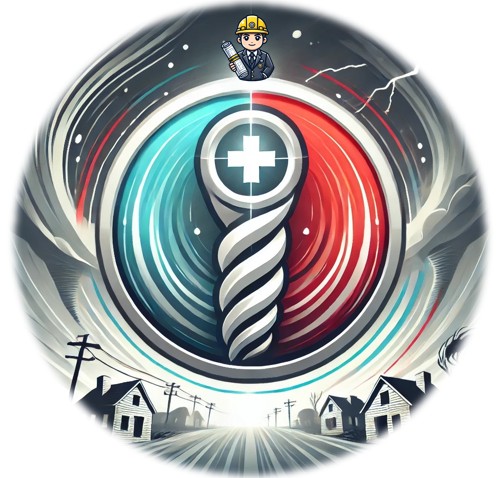CA – Biggest needs for people in Los Angeles 1-24-2025
The current biggest needs for people in Los Angeles during the recovery from the 2025 fires include:
- Immediate Shelter and Housing: Many residents have been displaced, and there’s a significant need for temporary housing solutions. Organizations like Airbnb.org and 211 LA are coordinating emergency housing, while FEMA is offering grants for temporary housing and home repairs.
- Food and Water: With many food sources destroyed and utilities compromised, food banks and emergency distributions are crucial. The state has released emergency funding to provide food boxes and potable water, and local food banks are seeking donations to manage the increased demand.
- Financial Assistance: Financial aid for both individuals and businesses is a pressing need. This includes low-cost loans, grants, and insurance claims assistance. FEMA is providing special needs assistance grants, and the Small Business Administration offers disaster loans.
- Mental Health Support: The psychological impact of the disaster is significant, with needs for counseling and support services to address trauma and stress. There are referrals for mental health counseling at disaster recovery centers.
- Job and Business Recovery: Unemployment assistance, business recovery loans, and support for restarting businesses are critical. The Employment Development Department offers disaster unemployment assistance, and there are programs for small businesses to get back on their feet.
- Health and Safety: Supplies like masks due to poor air quality from fires, and cleanup resources for hazardous materials are needed. Health care coverage has been extended through special enrollment periods, and efforts are underway to distribute N-95 masks and address public health concerns.
- Reconstruction and Debris Removal: Assistance for rebuilding homes and businesses, including navigating insurance claims and getting necessary permits, is essential. The state has suspended some environmental regulations to expedite recovery efforts.
- Basic Necessities and Hygiene: Items like clothing, hygiene products, and pet care supplies are in demand as people try to rebuild their lives. Shelters are providing these, but there’s a continuous need for donations and volunteers.
- Community Support and Information: There’s a need for coordinated community efforts and clear, accessible information about recovery resources, updates on fire containment, and safety measures for returning to affected areas.
The response to these needs involves a complex network of federal, state, local government, and non-profit organizations working together to address both immediate and long-term recovery.

Responses